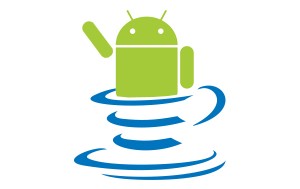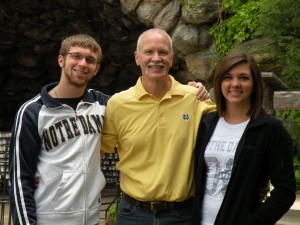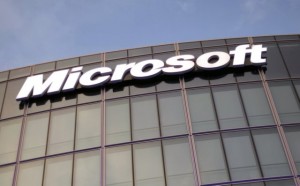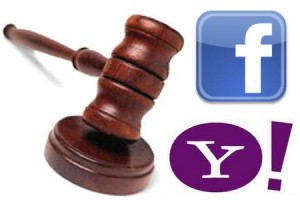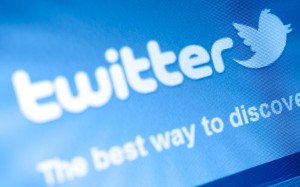 Twitter is making plans for a brand new approach for their in-house patent operations, one they say will “keep control in the hands of engineers and designers,” rather than the traditional corporate patent arrangements in which a company holds all rights related to inventions made by it’s employees.
Twitter is making plans for a brand new approach for their in-house patent operations, one they say will “keep control in the hands of engineers and designers,” rather than the traditional corporate patent arrangements in which a company holds all rights related to inventions made by it’s employees.
The “Innovator’s Patent Agreement,” or IPA, is a direct response to this traditional process, which Twitter believes can sometimes staunch technological innovation. Understood in the new policy is that Twitter’s patents can only be used for defensive litigation, and offensive litigation is only allowed with the inventor’s permission.
The patent agreement can be publicly viewed on GitHub, and apparently is retroactive, applying to all Twitter’s patents past and present. Not only that—but the stipulations apply to subsequent owners of the patent, if bought or sold.
“Employees can be assured that their patents will be used only as a shield rather than as a weapon,” says Twitter VP of Engineering, Adam Messinger, on their blog.
Twitter’s news has its supporters and detractors, especially since the company is suggesting others adopt the same policy. Critics speculate whether the whole thing is a public relations display—suspicious of why the company would willfully undermine the tremendous value patents have in the tech marketplace.
But PR stunt or not, the truth behind all this is that patents are a hot topic in modern technology, business, and innovation. And Notre Dame can give you the tools and skills necessary for you to get in on it!
